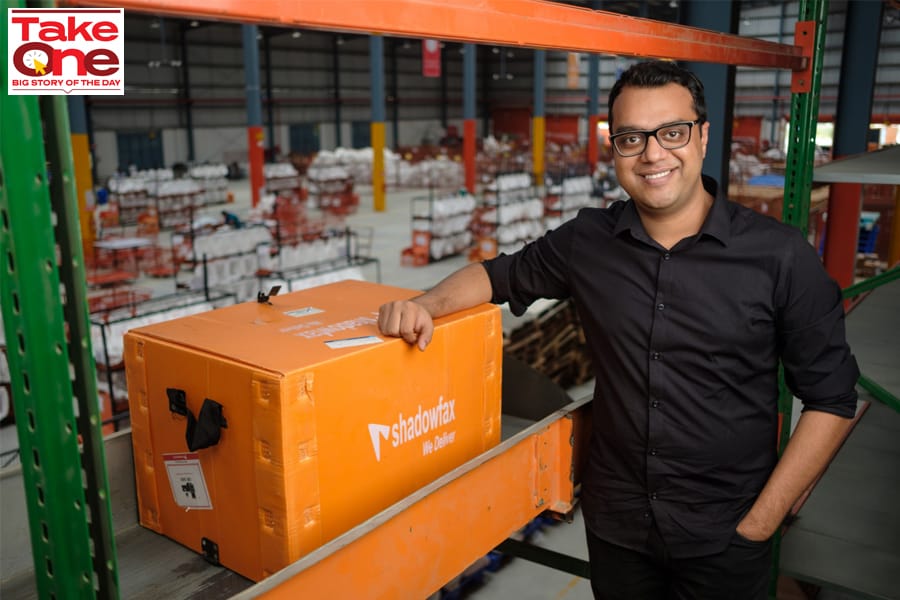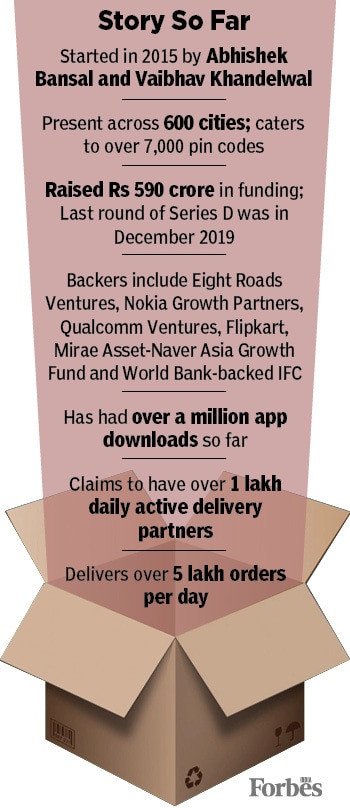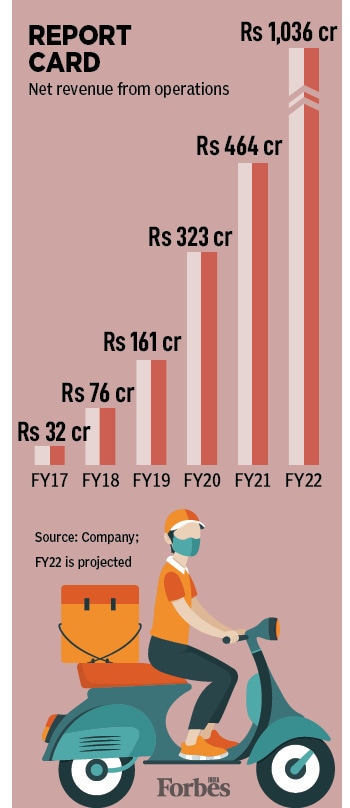
Firmly in the Saddle: How Shadowfax emerged as the lord of the on-demand delivery marketplace for enterprises
The year it was founded, delivery horses of all kinds were bolting. Six years later, Shadowfax is the only one galloping on the track
 Abhishek Bansal, Cofounder and CEO at Shadowfax, Bengaluru
Abhishek Bansal, Cofounder and CEO at Shadowfax, Bengaluru
Image: Nishant Ratnakar for Forbes India
The warning came in October, barely four months after the birth. “Just hold your horses” was the curt message delivered by a close friend to Abhishek Bansal, who co-founded on-demand enterprise delivery startup Shadowfax in May 2015 with Vaibhav Khandelwal. “The global market is likely to crash. Don’t spend any money,” the messenger cautioned. Bansal started laughing. “You must be joking. Right? I have raised money to expand business,” Bansal said. His friend, though, stayed adamant. “Wait for three months. Nobody is taking back the money you have… just don’t spend.”
Named after the mythical creature in the epic fantasy novel 'The Lord of the Rings'—Shadowfax— which had powers to run faster than the wind, the startup lived up to its billing in growth and funding. Since its launch, it has reportedly clocked an average delivery volume processing of around 3,000 orders a day; in three months it got the backing of angels such as Kunal Bahl and Rohit Bansal of Snapdeal; and in September 2015, the startup raised a Series A of $8.5 million (close to Rs 60 crore). “I had raised so much of money. People were after my life to scale,” he recalls. And now this guy, Bansal recounts, asked me to put on the blinkers.
Reluctantly, Bansal heeded the advice. Shadowfax was taken back to the stable. Its rivals kept splurging, the competitors didn’t take their foot off the pedal, and Bansal became a mute spectator.
In the next year, 2016, there was a bloodbath. Global markets crashed and the funding tap dried. Back in India, startups started melting under the heat. By the end of the year, close to three dozen hyperlocal delivery players had vanished. Bansal and Shadowfax, though, survived. “We were the only guys left in the town,” he recalls. The benefit was instant. In December, Shadowfax closed its Series B round of $10 million (around Rs 67 crore). Three years later, in December 2019, the startup closed its biggest round of $60 million (about Rs 429 crore), which was led by Walmart-owned Flipkart. Then, in a few months, came the pandemic.










